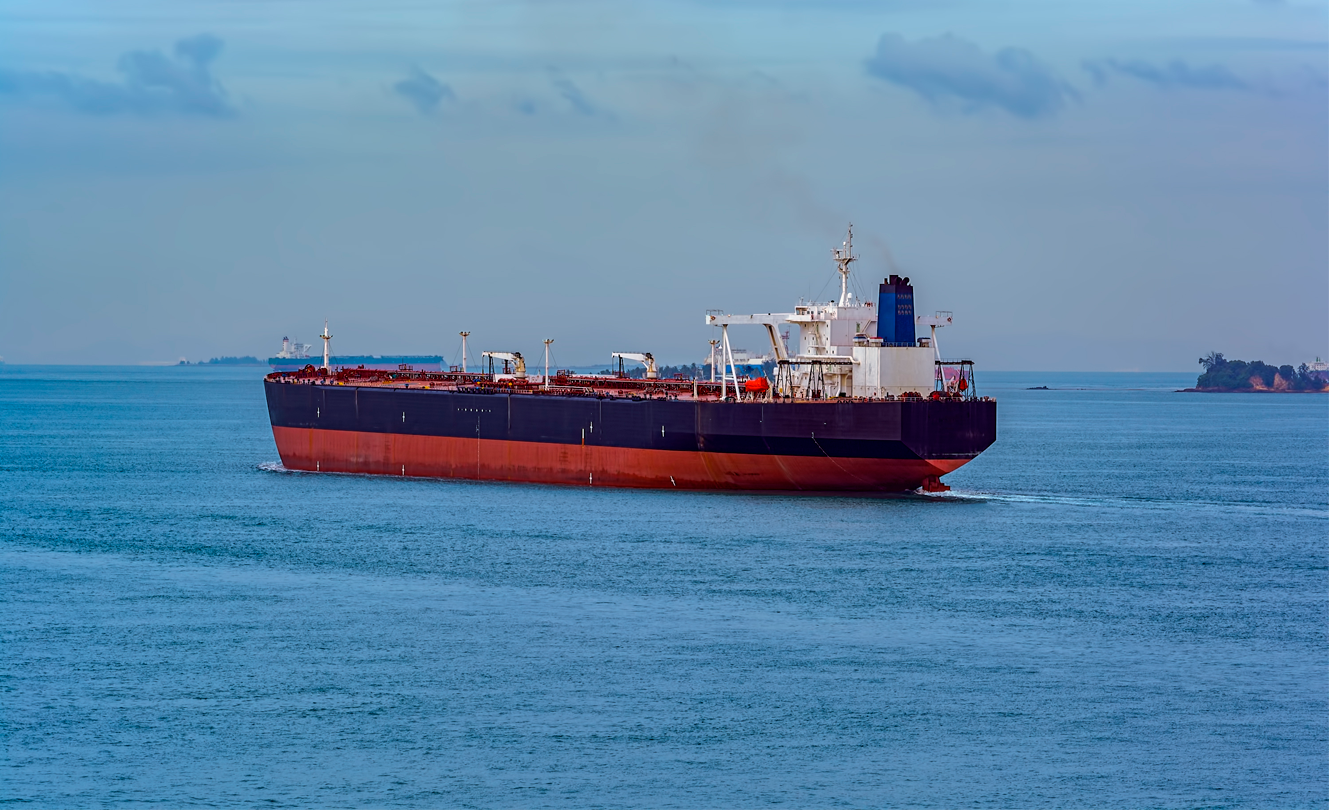
Category
SustainabilityCreation date
Our colleague Ana Iglesias, Product Manager for Marpol-Fuel in Tradebe, took part as a speaker in the second edition of the Retolastre conferences organised by the Bilbao Port Authority. These seminars address the issues regarding the International Convention for Ballast Water, which is mandatory and came into force in 2017. These seminars also seek to assess the challenges and opportunities that arise from this new situation.
The agreement will affect more than 50,000 merchant ships and seeks to prevent the pollution by aquatic organisms and pathogenic agents that could pose risks to ecosystems and health. According to the International Chamber of Shipping (ICS), the application of the agreement will cost $100 billion.
Ana Iglesias, on behalf of Tradebe, set out the alternatives for working with the vessels to comply with the agreement as a Port Reception Facility, in collaboration with the maritime administration and port authorities.
The deadline for compliance with the agreement is 2024; vessels must therefore have on-board solutions to treat ballast water, together with an alternative in case the main treatment should fail.
What is the International Convention for Ballast Water about?
Invasive aquatic species are a great threat to marine ecosystems and maritime transport is a significant route by which species are introduced into new environments. The problem has been made worse in recent decades as the volume of trade and traffic has increased, especially with the introduction of steel hulls that allow ships to use water as ballast instead of solid materials.
Therefore, the International Convention for the Control and Management of Ships’ Ballast Water and Sediments, initiated in 2014 and approved in September 2017, aims to prevent the spread of harmful aquatic organisms from one region to another, establishing standards and procedures for the management and control of ballast water and sediments of ships.
